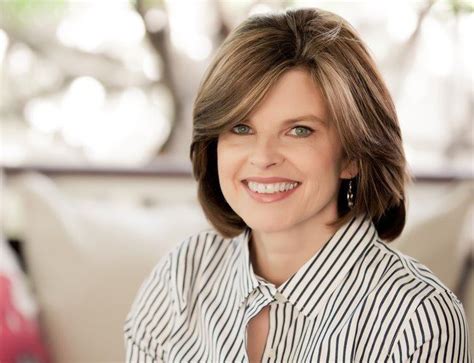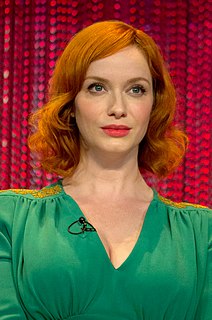A Quote by Rob Lowe
I love anything by Joan Didion. Incidentally, she was one of the local moms when I was growing up in Point Dume. She always reminded me a little bit of my mother, so I feel a great affinity. I love the precision of Didion's writing. There's a construction and a craftsmanship to her sentences that's imbued with so much emotion.
Related Quotes
Joan Didion's 'The Year of Magical Thinking' comes to mind as an example of a piece of media that I really respect and would hope to emulate: just her courage in looking at her husband's death and the attentiveness that she has in how she looks at it, and the unflinching gaze that she communicates from looking into death.
I'm so old that when I started keeping a diary they were in actual books, and I think that's one the reasons that I've never written about sex. Because early on you had to worry that someone was going to find your diary, so it's bad enough to be writing like Joan Didion, but writing like Joan Didion about sex acts you'd performed with somebody you had known for 20 minutes, that's a bit worse. So I would write in my diary, "I met J. and we had sex five times last night." But I would never write about what we did.
I think I fell in love with her, a little bit. Isn't that dumb? But it was like I knew her. Like she was my oldest, dearest friend. The kind of person you can tell anything to, no matter how bad, and they'll still love you, because they know you. I wanted to go with her. I wanted her to notice me. And then she stopped walking. Under the moon, she stopped. And looked at us. She looked at me. Maybe she was trying to tell me something; I don't know. She probably didn't even know I was there. But I'll always love her. All my life.
I definitely get my artistry and my vocal talent from my mother and mother's side. She sang in a jazz trio band so growing up my dad would always take me to see her play and she has a beautiful voice. When I was little and started to sing, she supported me and let that fire burn. She always knew what it took as a support system.
How will a person know, Selina, when the soul that has the affinity with hers is near it?" She answered, "She will know. Does she look for air, before she breathes it? This love will be guided to her; and when it comes, she will know. And she will do anything to keep that love about her, then. Because to lose it will be like a death to her.
Her [Eleanor Roosevelt] father was the love of her life. Her father always made her feel wanted, made her feel loved, where her mother made her feel, you know, unloved, judged harshly, never up to par. And she was her father's favorite, and her mother's unfavorite. So her father was the man that she went to for comfort in her imaginings.
The difficulty will be to keep her from learning too fast and too much. She is always sitting with her little nose burrowing into books. She doesn't read them, Miss Minchin; she gobbles them up as if she were a little wolf instead of a little girl. She is always starving for new books to gobble, and she wants grown-up books--great, big, fat ones--French and German as well as English--history and biography and poets, and all sorts of things. Drag her away from her books when she reads too much.


































